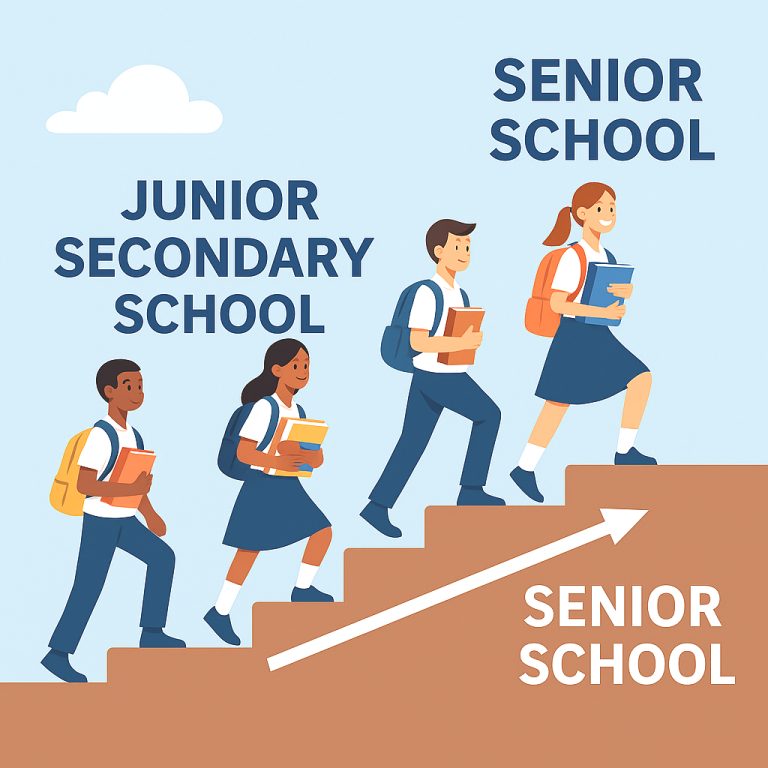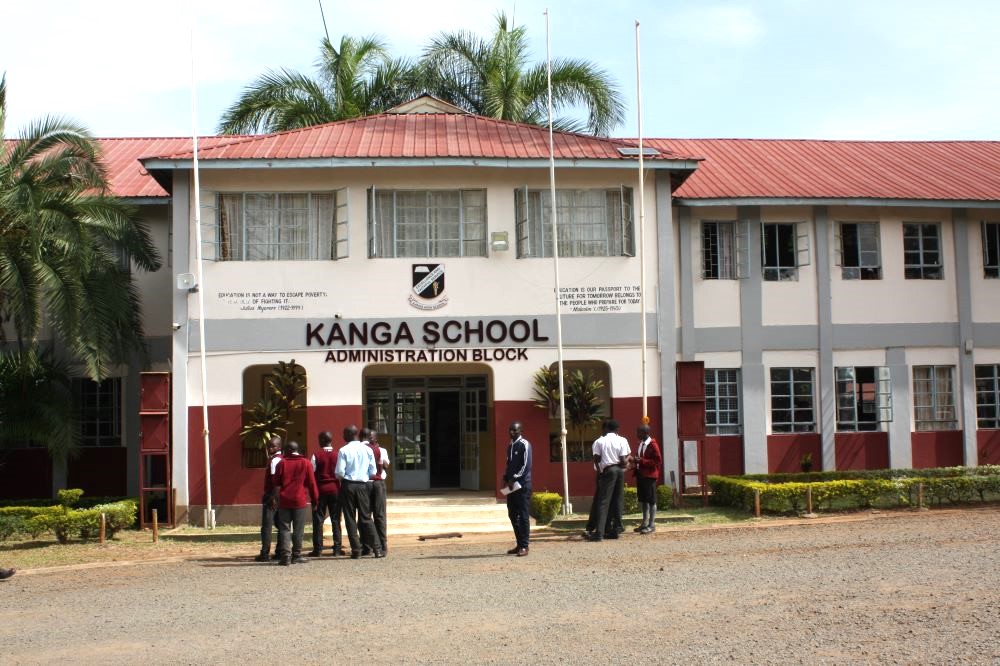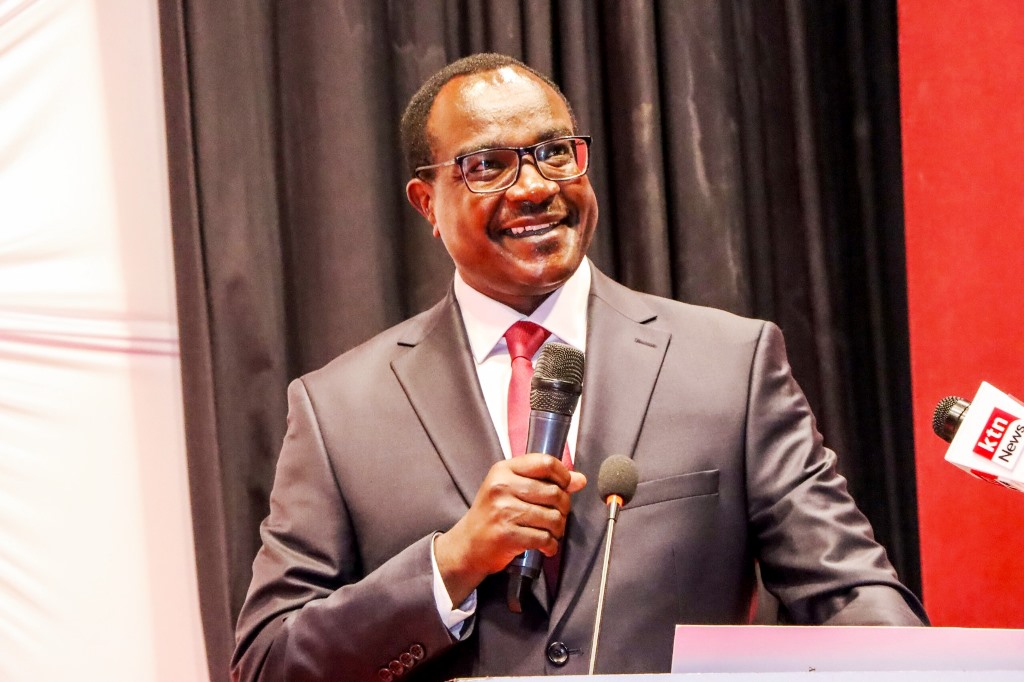The Ministry of Education (MoE) has embarked on a nationwide mapping exercise to classify existing secondary schools into specialised Senior Schools, paving the way for the rollout of the Competency-Based Curriculum (CBC) in January 2026.
The exercise, guided by the Implementation Guidelines for Senior School Education, was approved by the Education Cabinet Secretary, Julius Migos Ogamba, and the Principal Secretary, Amb. (Prof.) Julius K. Bitok and Director General Dr Elyas Abdi.
It marks a decisive step in preparing schools for the introduction of the three major learning pathways — Science, Technology, Engineering and Mathematics (STEM), Social Sciences, and Arts & Sports Science.
According to the guidelines, the mapping will determine which schools are best suited for each pathway based on their infrastructure, staffing, and resource capacities. County education offices have been tasked with leading the process, which will include assessing school safety, accessibility for learners with disabilities, and compliance with facility standards.
In his Foreword to the guidelines, CS Julius Migos Ogamba described the mapping as a transformative step towards a more inclusive and responsive education system.
“These guidelines are designed to help parents, teachers, school administrators, and other stakeholders implement education that caters for the various needs of students,” he said.
“Schools must prepare adequate laboratories, workshops, and arts facilities to meet the specific demands of each pathway.”
READ ALSO:
Leaders call for action as search for missing Lugari principal intensifies
Amb. (Prof.) Julius K. Bitok, in his Preface, called for collaboration among all education actors to ensure a smooth transition.
“All parties involved must work together to successfully execute these guidelines and guarantee that every student, regardless of background, has the chance to realise their full potential,” he noted.the
The mapping will ensure that each institution is categorized and re-registered according to its chosen specialization. For instance, schools offering STEM will need fully equipped laboratoriethe s, ICT suites, and workshops, while those focusing on Arts and Sports Science must have theatres, studios, and gymnasiums. Institutions opting for Social Sciences are expected to strengthen their humanities departments and modernize libraries.
Dr. Elyas Abdi, in his Acknowledgement, expressed appreciation to the technical teams that developed the framework, noting that the document “reflects months of research, consultations, and shared commitment to equitable education delivery.”
Beyond infrastructure, the guidelines emphasize inclusivity, safety, and quality assurance. Schools will be required to adhere to the Safety and Security Manual, with a class size limit of 45 students to promote effective learning. Additional construction of classrooms, laboratories, and workshops will be encouraged to expand capacity and align with pathway requirements.
Once the mapping exercise is complete, the Ministry will publish an online database that will guide learner placement and parental decision-making. The database will provide a clear view of available pathways and help learners make informed choices based on interest, aptitude, and school capacity.
County Education Boards will play a central role in ensuring that Senior Schools are equitably distributed across regions to avoid disparities in access. The Ministry further notes that the process will not only improve efficiency but also advance the principles of inclusion and quality in education.
“Senior Schools should adhere to legal and ethical standards and meet the diverse needs of their communities,” the document advises.
By Joseph Mambili
You can also follow our social media pages on Twitter: Education News KE and Facebook: Education News Newspaper for timely updates.
>>> Click here to stay up-to-date with trending regional stories
>>> Click here to read more informed opinions on the country’s education landscape






